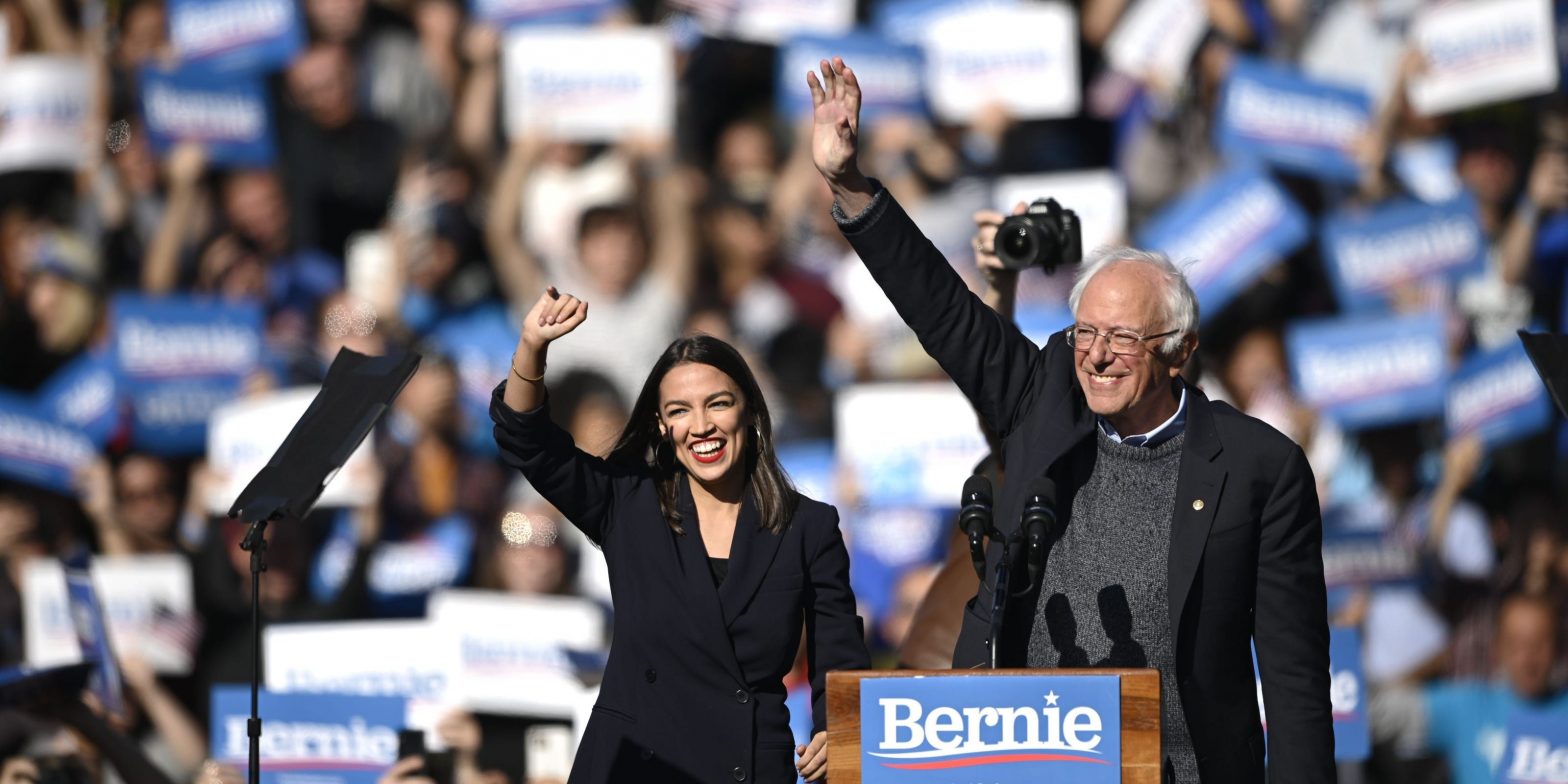One of the darkest legacies of the 2008 financial crisis was the political fall-out which resulted globally. The soft liberalism represented by the likes of Bill Clinton, Tony Blair, Francois Hollande, and Germany’s Gerhard Schroeder was brutally cast aside by a wave of strong-armed conservative politics. France’s Marine Le Pen, China’s Xi Jinping, Brazil’s Jair Bolsonaro, Italy’s Matteo Salvini, and our very own Donald Trump heralded a new era of conservative nationalism.
To nobody’s surprise, the media space pulsated with snippets like“is it the 1930s all over again?” The scene was a familiar one, democracy was bursting at the seams and decades of political corruption, economic oppression, and social strife had awakened history’s loch ness monster: nationalistic populism. Philosophers have said in no uncertain terms that history repeats itself, first as tragedy, then as farcical absurdity. The question is therefore an obvious one, how to slay the monster before utter absurdity ensues? Global socialism provides ample clues as to how America should proceed next.
Europe’s socialist parties of the early 20th century were faced with a stark choice between a socialism rooted in the promise of a Lenin-esque revolution, or a socialism that worked towards the incorporation of the common class within capitalism. To borrow Keynes’ coinage, “liberalism socialism” became the politics du jour with its promise of economic equality, greater bargaining power for the working class, and the precedence of individual rights.
Germany’s Social Democrats, Britain’s Labour Party, and France’s Partie Socialiste each cohered around these shared principles. They envisaged vibrant democracies with workers’ ownership of the means of production, equal rights for women and minorities, and a comprehensive medical and educational system, for free, to all. In these countries, the tyranny of ultra-nationalism was put to rest by a program of robust welfarism. Alas was born a liberal socialism which alleviated the suffering of the masses, and undercut the appeal of brute nationalism.
That tradition lives on in Europe today. Angela Merkel’s Germany has preserved the practice of having union representatives sit on corporate boards. German workers enjoy a nationally instituted work-life balance through ample paid holidays. In the U.K., key public medical services such as the National Health Service (NHS) remain a cultural gem, cherished and protected by the political mainstream. In France, despite Macron’s misdeeds, there remains guarantees for workers against arbitrary firings, as well as novel re-education programs to address the digitalization of the economy. Europe’s safety net, though under assault by the likes of Boris Johnson and Emmanuel Macron, continues to protect families, workers, and the middle class who don’t so harshly feel the pressures of going hungry, going without shelter, being unable to send their children to proper schools, or being incapable of accessing the most basic forms of medical services. We Americans are not so lucky.
Whether political pundits realize it or not, the United States is in dire need of this brand of socialist-capitalism. Socialism is not only not contradictory but compatible and complementary to the American political tradition. The notion of American socialism was staunchly championed by the likes of Huey Long, the 40th Governor of Louisiana, presidential candidate Eugene V. Debs, and President Franklin D. Roosevelt, who’s New Dealism was later reincarnated under Lyndon B Johnson’s “Great Society.” Each embraced the ideals of liberalism-socialism to preserve not only the American way of life, but America herself.
The scourge of laissez-faire American enterprise, which has resulted in an astonishing accruement of capital that is so unevenly distributed, and so purposefully exacted at the cost of American labor, confronts America with the vicissitudes of history. Crude nationalism has reared its head once more. The unfortunate confluence of adverse societal conditions, an unresponsive political class, and an unconscionable wealth disparity has set in motion a drama of neurosis, climaxing as psychosis, and ultimately manifesting in national self-mutilation: Trump’s America.
Impeachment may only provide short-term relief from this ghastly nightmare. Inaction on social welfare guaranteeing to resurrect Trumpism at a later time. Indeed, if the sources of America’s political malaise are to be addressed head on, one must look for lasting solutions to the wretched conditions of America’s working, middle, and younger classes. A program which mounts a frontal assault upon poverty, upon ghettos, upon ineffective public education, inaccessible medical care, deficient working-class wages, the vanishing of the middle class, and other such efforts at revitalizing the home front is in dire need. If global trends are an indicator, what America needs is a Socialism with teeth.
A republic, if you can take care of it.

